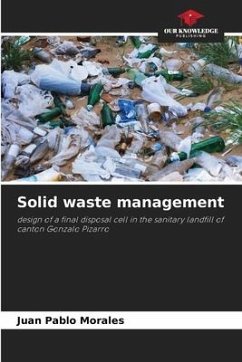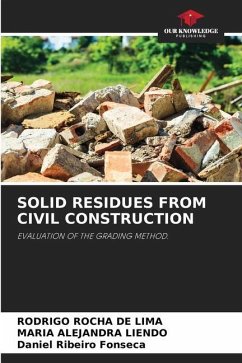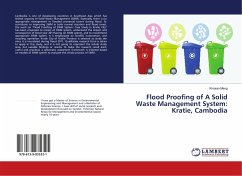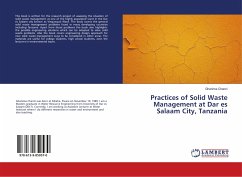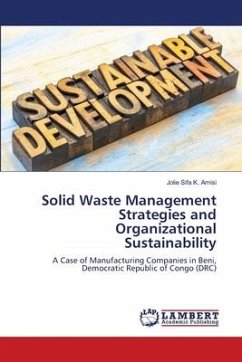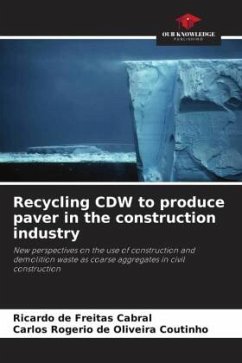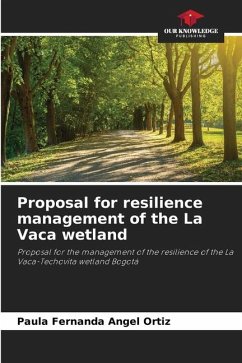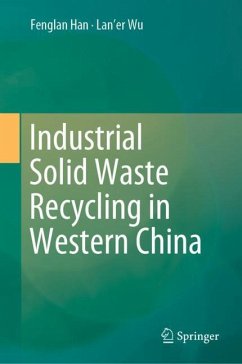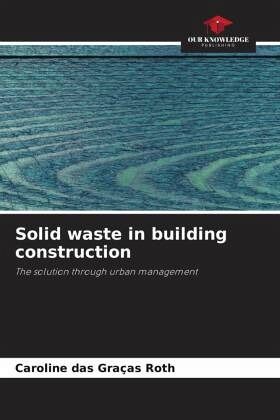
Solid waste in building construction
The solution through urban management
Versandkostenfrei!
Versandfertig in 6-10 Tagen
36,99 €
inkl. MwSt.

PAYBACK Punkte
18 °P sammeln!
The solid waste produced by the construction industry causes a great deal of damage to society. These problems are the result of deficiencies in the management of this waste, which also implies its lack of treatment and inadequate disposal, which end up causing environmental, economic and social impacts. Actions aimed at reducing solid waste directly at the source are therefore extremely important. Thus, this study shows how the players involved in the construction industry could use some policies that lead to the non-generation or minimisation, including reuse and recycling, of solid waste fr...
The solid waste produced by the construction industry causes a great deal of damage to society. These problems are the result of deficiencies in the management of this waste, which also implies its lack of treatment and inadequate disposal, which end up causing environmental, economic and social impacts. Actions aimed at reducing solid waste directly at the source are therefore extremely important. Thus, this study shows how the players involved in the construction industry could use some policies that lead to the non-generation or minimisation, including reuse and recycling, of solid waste from building construction, such as clean production, life cycle analysis, reverse logistics and environmental education. However, a management process that integrates these policies into the system is essential. This is the responsibility of urban management, which alone has the capacity to induce or oblige the use of management methods that advocate prevention, encouraging awareness in society and moving closer to what is known as sustainable construction.



